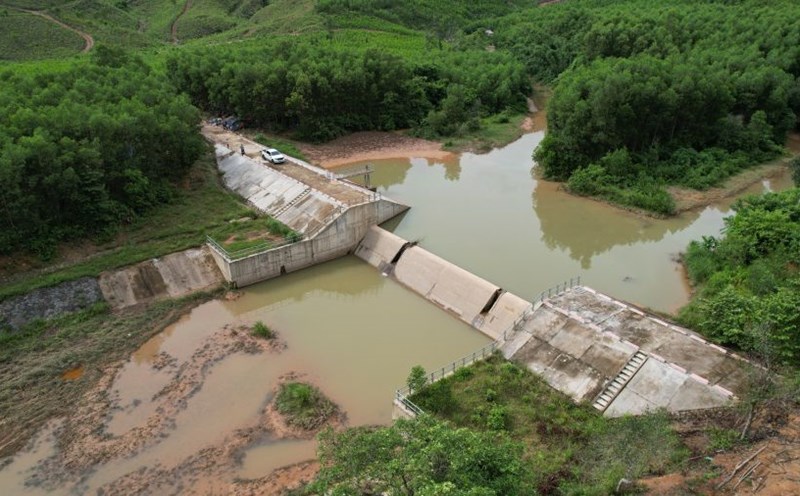At the regular press conference of the second quarter of the Ministry of Finance, a representative of the Bidding Management Department said that the new legal regulations have expanded the authority of ministries, branches and localities in approving and implementing public-private partnership (PPP) projects. At the same time, projects in the fields of science and technology, innovation and digital transformation will enjoy many special incentives.
According to the representative of the Department, the new law "decentralizes the maximum authority of the Government to ministries, branches and localities in deciding on investment policies, approving PPP projects and empowering ministers or provincial chairmen to decide on the application of appropriate investor selection". A series of intermediary procedures have also been abolished, such as the mandatory procedure for establishing appraisal councils or deciding on investment policies for some project groups. The new regulation also no longer requires investors to have experience in implementing similar projects, and at the same time expands the cases of appointing or selecting investors under special conditions.
Along with the spirit of simplifying procedures, the new decree of the Government on PPP policy mechanisms in the field of science, technology and innovation has introduced many outstanding incentive policies. "For example, the form of investor designation and special investor selection for science and technology enterprises with strategic technology patents in the priority list is applied," said a representative of the Department.
Technology projects are also supported by the state with a significant investment capital for research infrastructure, and share revenue risks in the first three years after business operations. Enterprises implementing projects are not required to establish project enterprises as before, and are allowed to do business outside the scope of PPP projects.
In addition to traditional PPP contracts, the decree also expands cooperation models such as joint ventures and associations according to the provisions of the law on public assets. Public service units can use public assets, including intangible assets such as data, software, and technology secrets to cooperate with the private sector. Some new forms such as tripartite cooperation between the state, institutes and enterprises, or state-ordered and research funding are also encouraged.
To ensure the decree can be implemented immediately, the Ministry of Finance has coordinated with ministries, public service units and technology enterprises. Some projects such as the semiconductor incubation center and the innovation center in Hanoi have been prepared in advance, said a representative of the Information Department.










